When treating an opioid addiction, there are certain medications that are used during the withdrawal phase and ongoing treatment programs. Medication management is a necessary component of opioid addiction recovery, particularly in light of how severe the cravings can be and how uncomfortable the withdrawal symptoms are.
FDA-approved opioid treatment can include:
- Methadone
- Buprenorphine
- Naltrexone
However, these medications have to be administered at licensed and certified facilities like Peninsula Health Center.
Medications for Opioid Addiction
Opioid addiction requires the use of several medications during the recovery process. These medications differ from what gets administered to treat other addictions because of the nature of opioid receptors in the body.
FDA-approved medications for opioid treatment can be taken on a short-term or long-term basis as part of medically supervised withdrawal and ongoing maintenance treatment. Individuals who use FDA-approved medications for opioid addiction must commit to ongoing addiction counseling or other mental health services as part of their ongoing recovery.
FDA-approved opioid treatment can include several medications used during the detox process or ongoing recovery management.
The table below compares the three most common medications prescribed for opioid addiction:
| Methadone | Buprenorphine | Naltrexone | |
| When it is prescribed | This is prescribed during your medically supervised withdrawal | This is provided to help with your medically supervised withdrawal symptoms | This is prescribed to prevent relapse after a medically supervised withdrawal program |
| How it is prescribed | Oral | Oral or intramuscular extended release prescriptions | Sublingual, subdermal implants, subcutaneous extended release injections, or buccal prescriptions |
| Availability | This is a schedule II drug, so it is only available at federally certified treatment centers or hospital settings for acute inpatient treatment | This is not a scheduled medication, but it does require a prescription and is used in residential or specialty treatment programs for addiction | This is a schedule III drug and requires a waiver if prescribed outside of opioid treatment centers, but it can be prescribed within federally certified opioid treatment centers |
Detox Medications for Opioid Addiction
A client who is struggling with opioid addiction would benefit most from medication-assisted treatment (MAT). We offer MAT programs in Palos Verdes at Peninsula Health Center. The withdrawal process can be incredibly uncomfortable, to the point that most people are unable to withdraw on their own safely. Opioid addiction changes the structure and function of the brain, compromising the reward system and encouraging harmful behaviors over helpful behaviors.
Prescription medications for opioid addiction can help relieve symptoms during medically supervised withdrawal.
Craving Management Medications
A client who is struggling with opioid addiction could benefit from FDA-approved medications used long-term to manage cravings. The science behind withdrawal proves that, in many cases, cravings for things like opioids and alcohol are not akin to craving a piece of chocolate cake. Rather, it’s an uncontrollable desire heavily rooted in neurological changes.
Medication-assisted treatment can be very helpful in addressing things like cravings by stopping the effects drugs and alcohol have on the body when consumed, or in some cases, stopping the communication that tells you that you are experiencing a craving.
Where to Get Medications for Opioid Addiction
With opioid addiction and medication plans, you cannot treat yourself, nor can you find access to FDA-approved opioid medications without a prescription and participation in ongoing therapy:
- Only federally certified and accredited treatment centers can dispense methadone to treat opioid addiction
- Only qualified physicians and other medical personnel can prescribe buprenorphine for opioid addictions
- Only federally certified and accredited opioid treatment centers can administer or dispense buprenorphine
- Only medical prescribers can provide naltrexone
Working with Peninsula Health Center
When you are ready to get help for opioid addiction, our team is here to offer several treatment plans with flexible scheduling options. For those with only a few weeks of availability, we provide LA County partial hospitalization programs, and for those with more availability, we offer intensive outpatient programs, both of which are comparable to residential programs without requiring an overnight stay at the treatment center.
As you utilize the step-down approach, transitioning through your treatment plan, we can move you into traditional outpatient programs and help connect you with our South Bay sober living facilities should you need a safe place to live while undergoing care.
Start Your Recovery Today
Overall, if you or someone close to you is struggling with addiction to opioids, the best thing you can do is find a reputable treatment center like Peninsula Health Center to administer FDA-approved opioid treatment.
With the right opioid treatment, you can find medications for opioid addiction that help you get through your initial withdrawal symptoms and continue to manage cravings as you transition through the remainder of your therapeutic services.Contact Peninsula Health Center today to learn more about our individualized treatment plans.





